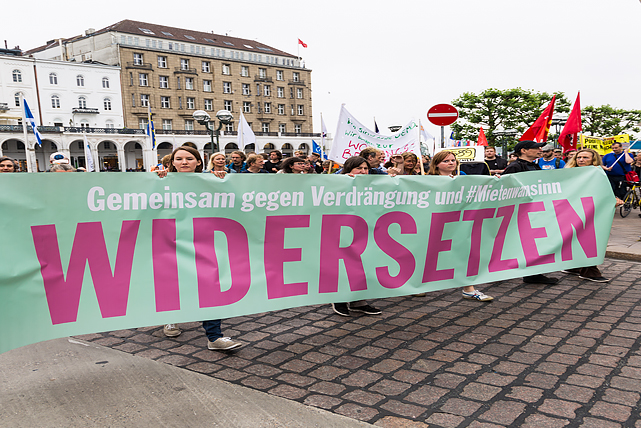Main Content
Urban Politics

Urban Politics
The Research Group focuses on how political processes, negotiations and inequalities manifest in the planning of cities. Comprehending cities as political arenas, our research revolves around global themes such the financialisation of urban development, socio-spatial disparities and international migration. Taking an actor-centred perspective on urban politics, the group’s current interests are in the changing nature of urban governance arrangements. Across the world, we witness urban conflicts that call into question established assumptions about cooperation and network-based partnerships in the governing of cities. Thus, the group’s research is concerned with the ways in which these challenges require new approaches to the study of planning and decision-making processes in cities.



